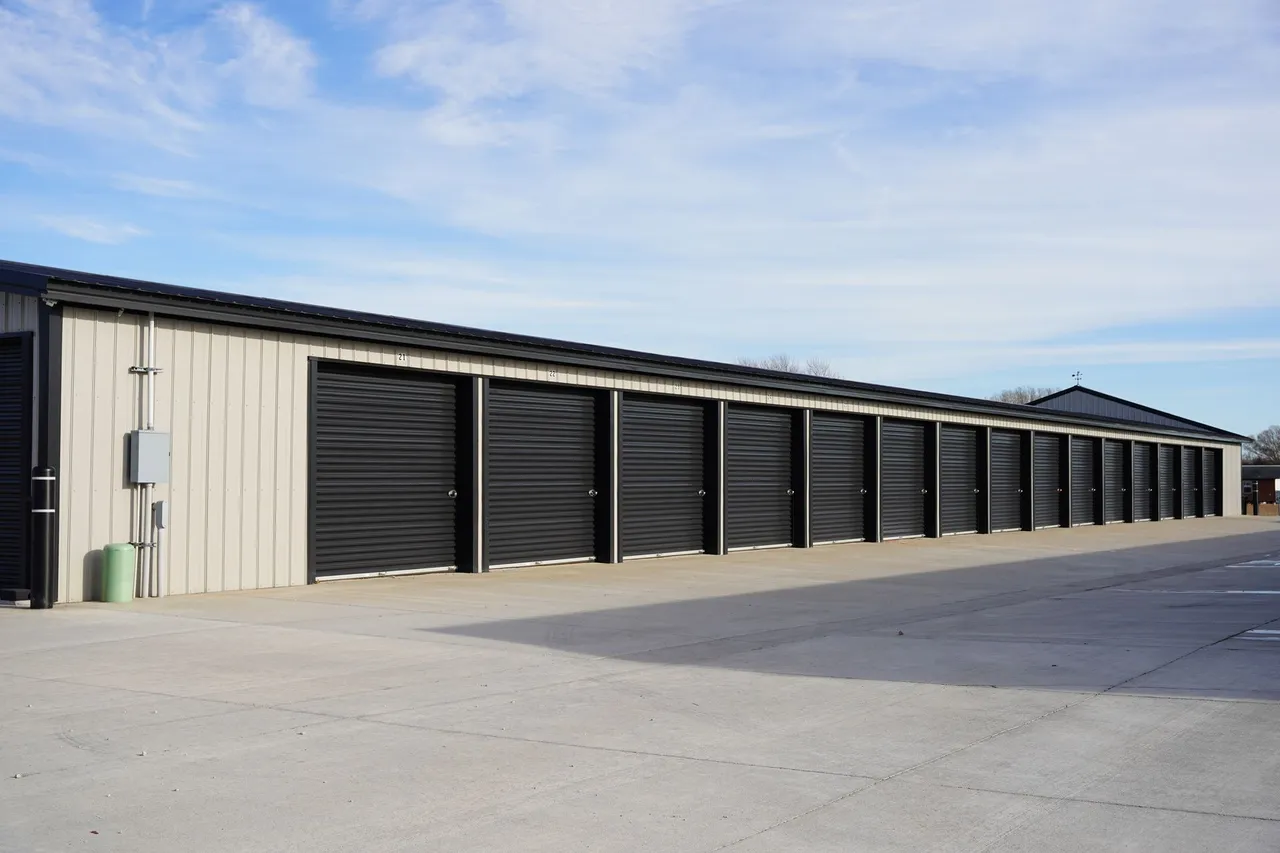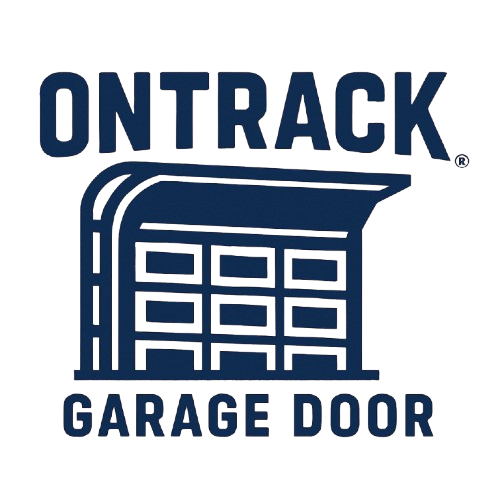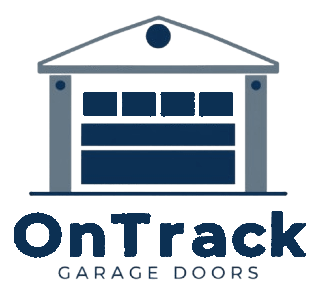
The Importance of Commercial Garage Door Maintenance for Safety and Liability Prevention
When it comes to running a successful business, property maintenance is often a top priority—but one area that can be easily overlooked is commercial garage door maintenance. These heavy-duty doors are essential for operations, security, and safety, especially in industries such as warehousing, manufacturing, automotive, and retail logistics. However, neglecting their upkeep doesn’t just lead to costly repairs—it can expose your business to serious liability and safety risks.
In this guide, we’ll explore everything from creating a garage door maintenance checklist to understanding garage door inspection requirements, and how a proactive garage door maintenance plan can help reduce business liability while promoting workplace safety.
Why Commercial Garage Door Maintenance Is a Business Necessity
Commercial garage doors are workhorses. They are opened and closed countless times each day, bearing the weight of operation cycles, environmental exposure, and mechanical strain. Unlike residential garage doors, these systems are under constant pressure, which accelerates wear and tear.
Without regular maintenance of commercial doors, the chances of mechanical failures increase significantly. A malfunctioning garage door can:
- Halt operations and cause productivity loss.
- Injure employees or damage vehicles and equipment.
- Compromise building security.
- Result in non-compliance with OSHA or building code standards.
Most importantly, ignoring routine commercial garage door upkeep may put your business at risk of lawsuits or workers’ compensation claims if an accident occurs.
Understanding Liability Risk from Poor Garage Door Maintenance
Poorly maintained garage doors are more than a nuisance—they are a legal and financial hazard. If an employee or visitor is injured due to a malfunctioning door, your business could be held accountable under premises liability laws. A single garage door accident can lead to serious injury or even fatality, particularly if the door unexpectedly falls, the sensors fail, or the motor malfunctions.
This is where the concept of liability risk from garage doors becomes crucial. Companies that fail to implement a garage door maintenance plan or conduct regular garage door safety inspections are far more vulnerable to claims.
An injury that could have been prevented with proper upkeep may be viewed as negligence by courts or insurance providers. This can affect not only your legal standing but also your business insurance premiums.
Safety Compliance and Inspection Requirements for Commercial Garage Doors
To stay compliant with workplace safety standards and reduce risks, businesses must understand garage door inspection requirements set by agencies like OSHA and the International Building Code (IBC). While OSHA doesn’t have a specific standard for garage doors, it mandates that all workplace equipment and building features must be properly maintained to ensure a safe environment.
Routine garage door safety inspections are essential for identifying issues before they escalate into hazards. These inspections often assess:
- The integrity of torsion springs, cables, and rollers.
- Functionality of safety reversal mechanisms and sensors.
- Alignment of the door tracks.
- Smoothness and consistency of operation.
- Condition of seals, panels, and hardware.
A proper inspection must be performed by a trained technician familiar with commercial overhead door maintenance. Keeping documentation of all inspections and service records is also advisable for liability protection and compliance verification.
How Regular Maintenance Helps Prevent Accidents and Costly Repairs
Neglect is the leading cause of unexpected door failure. Proactive, scheduled garage door maintenance helps you identify worn-out parts, lubrication needs, or potential alignment issues before they cause injury or downtime. In essence, garage door repair prevention starts with consistency.
Preventing garage door accidents requires attention to details that seem small but have big implications, such as:
- Ensuring sensors are unobstructed and functional.
- Keeping springs and cables in optimal condition.
- Checking for signs of rust, fraying, or metal fatigue.
- Lubricating moving parts to avoid jamming or grinding.
- Replacing warning labels if they fade or wear off.
A strategic garage door maintenance plan not only helps to extend the life of the door system but also minimizes the chance of operational failures. In addition, regular servicing can result in long-term savings by avoiding emergency repairs, which are often more expensive and disruptive.
Building a Commercial Garage Door Maintenance Checklist
Creating a garage door maintenance checklist is a smart move for any business relying on overhead or roll-up doors. A comprehensive checklist should include daily visual inspections by staff and scheduled professional maintenance at least biannually, depending on usage frequency.
Some key items that should be included on your maintenance checklist are:
- Visual Inspection: Check for visible wear on springs, cables, rollers, and hardware.
- Operational Test: Ensure the door opens and closes smoothly without noise or hesitation.
- Safety Sensor Test: Place an object in the path of the door to test automatic reversal.
- Manual Operation Check: Disconnect the door from the opener and open it manually to assess balance and ease of movement.
- Lubrication: Apply appropriate lubricant to hinges, rollers, and springs.
- Tighten Hardware: Inspect and secure all nuts, bolts, and brackets.
- Inspect Weather Seals: Look for cracks or gaps in the bottom and perimeter seals.
- Remote & Control Panel Check: Ensure wireless and wall-mounted controls function properly.
- Track Alignment Check: Confirm tracks are plumb and securely anchored.
Maintaining and regularly reviewing this checklist can significantly reduce liability and ensure garage door safety compliance.
Commercial Garage Door Service: What to Expect
Hiring a professional commercial garage door service provider is essential for high-quality maintenance and emergency repairs. Reputable service technicians have the training, tools, and experience needed to safely handle heavy-duty doors and components.
When you schedule a service appointment, you can expect a full diagnostic of the door system, performance testing, and preventative adjustments. The technician will likely offer recommendations on part replacements or upgrades for enhanced efficiency and safety.
It’s vital to partner with a provider who not only performs garage door safety inspections but also keeps detailed records of all work done—this can serve as proof of due diligence in case of legal inquiries or audits.
Workplace Safety and Commercial Garage Doors
Many workplace injuries result from mechanical failure, and garage door-related incidents are more common than one might think. From crushed fingers to falling doors, the consequences of neglecting workplace safety for garage doors can be severe.
Business owners and facility managers must take proactive steps to protect employees, including:
- Conducting regular safety training on proper door operation.
- Posting visible warnings near all garage doors.
- Installing modern safety features such as motion detectors and emergency stops.
- Keeping maintenance logs accessible for auditing or review.
By making safety a cultural priority, businesses can reduce business liability and foster a secure work environment.
Why a Maintenance Plan Matters More Than One-Time Fixes
While reactive maintenance may seem cost-effective in the short term, it’s a risky approach. A structured garage door maintenance plan ensures your doors receive regular checkups and service, significantly lowering the risk of sudden failure or injury.
Benefits of a proactive plan include:
- Predictable costs: Budgeting for planned service is more manageable than emergency repairs.
- Extended lifespan: Well-maintained doors last longer and operate more efficiently.
- Increased safety: Consistent inspections catch issues before they become hazardous.
- Documentation: Service records demonstrate compliance and due diligence.
Custom maintenance plans can be tailored based on the size of your facility, door type, and usage volume. For businesses with multiple locations or high-frequency door cycles, a comprehensive plan becomes even more critical.
Planning for Long-Term Commercial Garage Door Upkeep
To ensure reliability over time, it’s important to think beyond basic maintenance. Long-term commercial garage door upkeep involves periodic upgrades, part replacements, and keeping up with technology improvements.
Smart systems, for example, can alert you when service is needed or a malfunction is detected. Investing in modern opener systems with built-in diagnostics or backup safety features can further reduce risks.
Another consideration is seasonal maintenance. Cold weather can cause metal components to contract and seize up, while heat and humidity can damage electronics. Scheduling pre-season tune-ups can prevent weather-related failures.
Your maintenance strategy should also include clear roles and responsibilities. Assigning a facility manager or maintenance supervisor to oversee inspections, scheduling, and vendor communication helps keep everything on track.
Conclusion: A Safer, Smarter Business Starts with Garage Door Maintenance
In the fast-paced world of business, it’s easy to underestimate the importance of commercial garage door upkeep. Yet the consequences of neglect can be costly—both financially and legally. From injury prevention to compliance with safety regulations, implementing a strong garage door maintenance plan is essential for any business that relies on these powerful systems.
Routine maintenance, safety inspections, and a reliable service partner can help you reduce business liability, prevent garage door accidents, and ensure your operations run without disruption. By prioritizing garage door repair prevention and keeping up with inspection requirements, you’re not just protecting your assets—you’re safeguarding your employees and customers too.
For dependable, professional commercial garage door service and customized maintenance solutions, trust the experts at OnTrack Garage Door. Our team is committed to keeping your doors safe, functional, and compliant year-round. Schedule your inspection or maintenance plan consultation today—and stay on track for safety and success.



